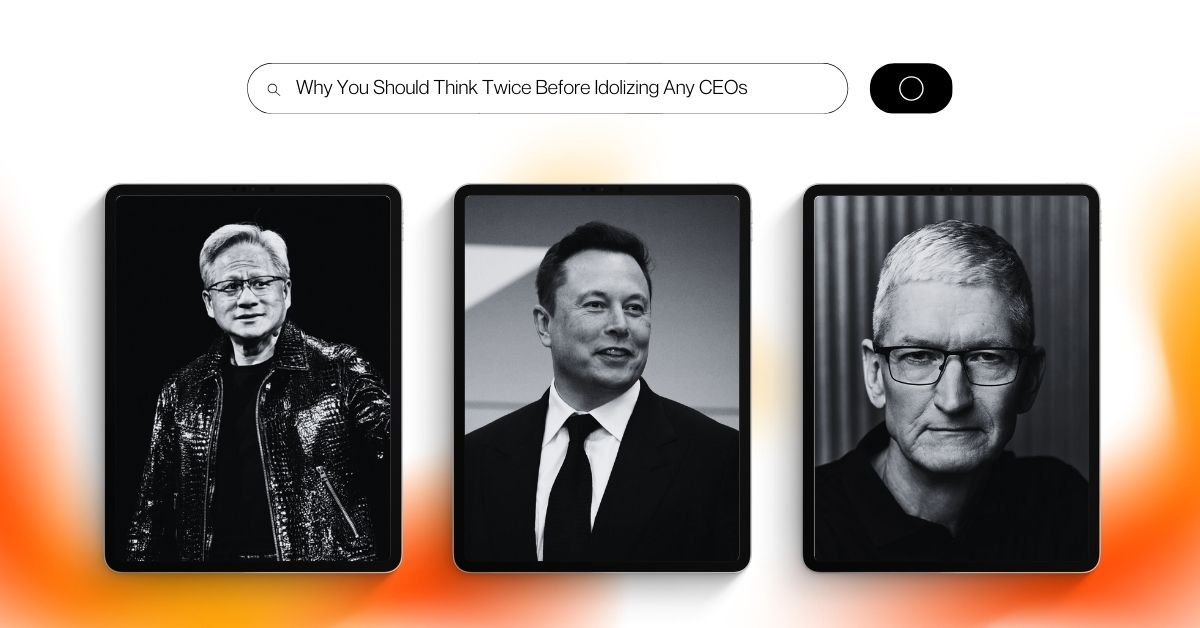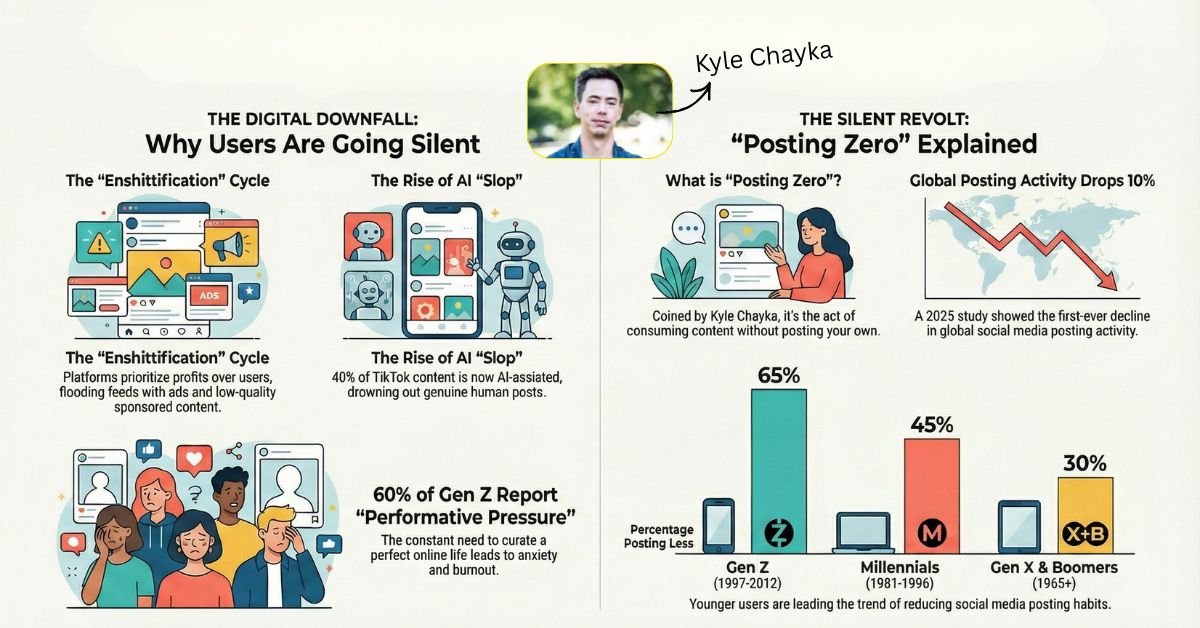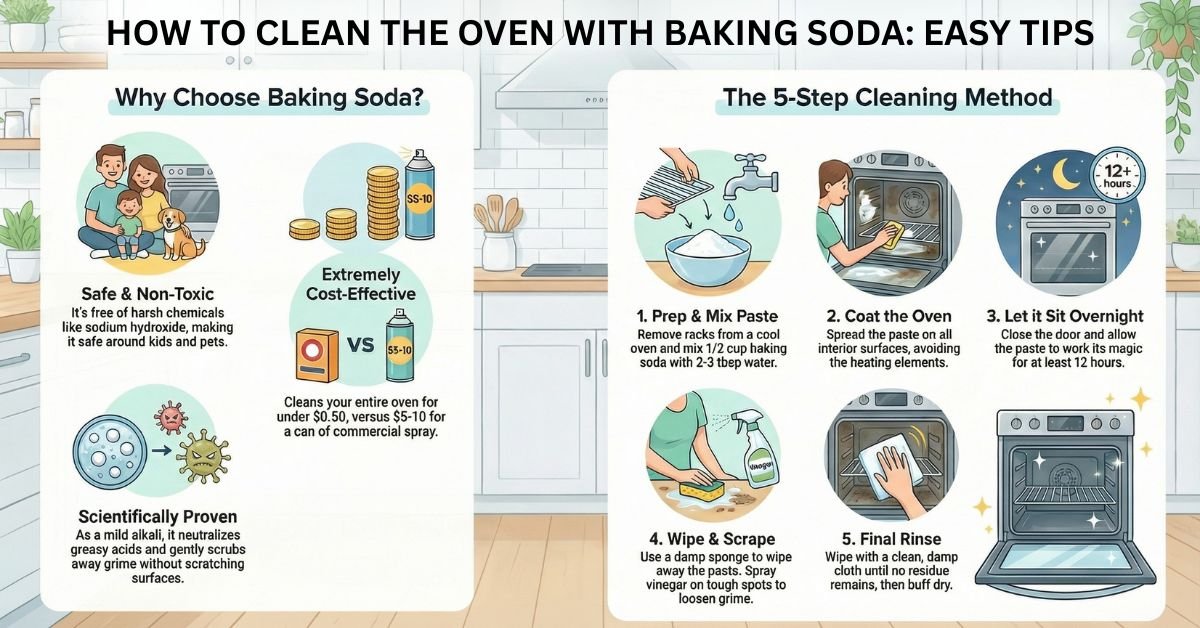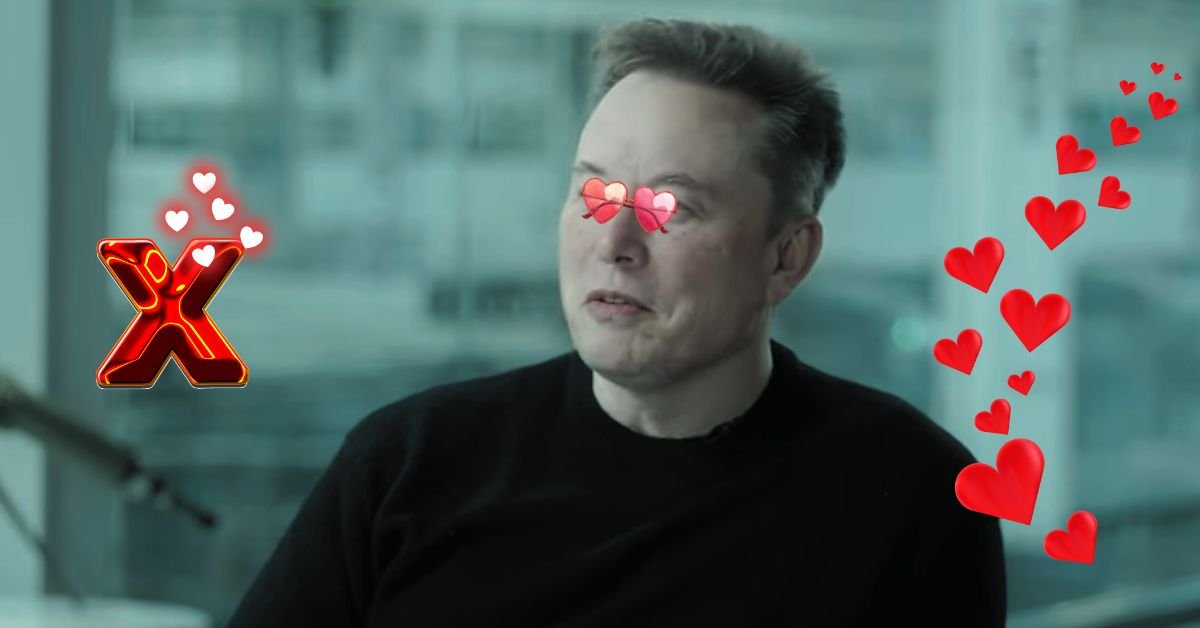Table Of Contents
Podcasters
In the ever-evolving media world, podcasts have become more than just a niche pastime.
With top podcasters landing nine-figure deals, people are buzzing with questions about what is happening in the podcasting industry.
Here are some of the most frequently asked questions (FAQs) about the latest trends in podcasting.
1. Why Are Podcasts Suddenly Worth Millions Of Dollars?
The podcasting industry has exploded in popularity, and with that growth comes big money.
Companies like Spotify, SiriusXM, and Wondery are paying top dollar to secure popular podcasts because these shows attract massive audiences, attracting advertisers.
Podcast ad revenue continues to rise—expected to surpass $2 billion in 2024—and these companies see massive potential in monetizing popular content through ads and distribution deals.
2. What Kind Of Deals Are Podcasters Getting?
Podcasters are signing deals that give media companies exclusive rights to sell ads and distribute their shows across various platforms.
For instance, the Kelce brothers, Travis and Jason, just signed a $100 million deal with Amazon’s Wondery.
These deals differ from older models that relied on exclusivity—now, the focus is on spreading content across multiple platforms to maximize reach and ad revenue.
3. What Is Different About These New Podcast Deals?
Previously, companies like Spotify paid for exclusive podcast rights, meaning the shows were only available on their platforms.
However, this approach had risks, especially if the content did not attract the expected audience.
The new deals focus on distribution and ad sales rights rather than exclusivity, allowing podcasts to be available on multiple platforms while one company handles the advertising.
This spreads out the risk and potentially increases profits.
4. Why Are Big Names Like Joe Rogan And Alex Cooper Switching Platforms?
Podcasters are attracted to these new deals because they offer substantial upfront payments and ongoing ad revenue.
For example, Joe Rogan’s recent deal with Spotify is reportedly worth up to $250 million, but it is no longer exclusive to Spotify, allowing for broader distribution.
Alex Cooper, host of “Call Her Daddy,” moved from Spotify to SiriusXM in a three-year deal worth $125 million, drawn by the promise of better ad management and broader audience reach.
5. How Do These Deals Benefit The Podcasters?
These deals provide financial security, resources, and greater exposure for podcasters.
The upfront payments can cover production costs, while the platforms’ resources help with marketing and distribution.
Plus, the podcasters retain some control over their content, allowing them to focus on creating while the platform handles the business side.
6. Are These Deals Sustainable In The Long Run?
The podcast industry is still evolving, and while these massive deals are exciting, risks are involved.
Companies are betting that the massive audiences these podcasters attract will translate into significant ad revenue.
However, markets can shift, and the success of these deals depends on continued audience engagement and ad sales.
7. Why Are Some Companies Moving Away From Exclusive Podcast Deals?
Exclusivity was once seen as a way to drive platform-specific subscriptions, but it sometimes worked differently than planned.
Some exclusive deals did not deliver the expected results, leading companies to reconsider their strategies.
Companies can reach broader audiences and generate more revenue across multiple platforms by focusing on ad and distribution rights.
8. What Does This Mean For Smaller Or Emerging Podcasters?
While the big-money deals are going to established names, the changing landscape can benefit smaller podcasters, too.
As more platforms look to expand their content libraries, emerging creators may have more opportunities to get noticed and secure their deals, though likely on a smaller scale initially.
9. What Does The Future Hold For Podcasting?
Podcasting is no longer just a side project—it is a significant industry with billions of dollars at stake.
As technology and content consumption habits evolve, we expect to see even more innovation in how podcasts are produced, distributed, and monetized.
Whether you are a listener or a creator, the podcasting world is an exciting space to watch in the coming years.
10. How Can I Keep Up With The Latest Podcasting Trends?
Staying informed about the latest in podcasting is easier than ever.
Follow industry news sites, subscribe to newsletters from podcasting platforms, and listen to your favorite shows to see trends.
As the industry grows, so will the opportunities for podcasters and how audiences engage with content.






